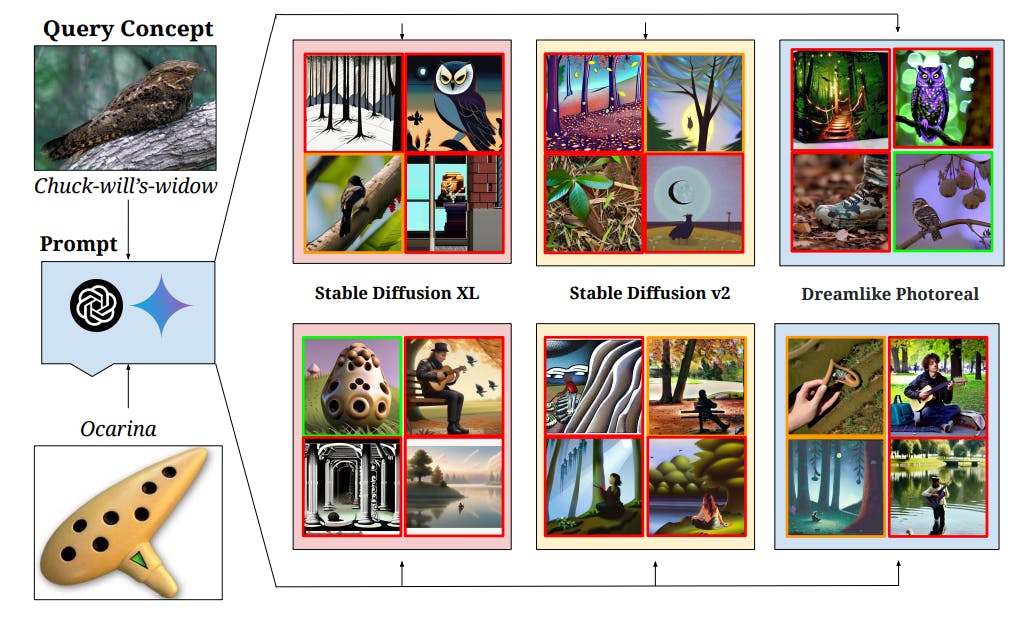Crypto Job Scam: US Woman Sentenced for Aiding North Korean Hackers

A woman from Arizona has been sentenced to more than eight years in federal prison for her involvement in a wide-ranging fraud scheme that enabled North Korean operatives to gain remote employment at hundreds of US-based technology and cryptocurrency firms.
According to the US Attorney’s Office for the District of Columbia, 50-year-old Christina Marie Chapman played a key role in facilitating illegal remote access for North Korean IT workers, generating over $17 million in illicit revenue for herself and the Democratic People’s Republic of Korea (DPRK).
Laptop Farm and Fake Identities Used to Deceive US Firms
Chapman admitted to conspiring with North Korean nationals to provide them with stolen or borrowed identities of American citizens. These identities were then used to apply for remote IT positions at 309 US and two international companies between 2020 and 2023.
By presenting fraudulent documents to employers and US government agencies, including the Department of Homeland Security, Chapman helped North Korean workers bypass employment verification systems and receive payments through US financial accounts.
The operation involved a sophisticated set of tactics to maintain the illusion that the North Korean workers were US-based. Chapman reportedly operated a “laptop farm” at her home, hosting work devices from various companies to make it appear that the workers were logging in from American soil.
Authorities seized more than 90 laptops from her residence, and evidence showed she shipped at least 49 devices to locations abroad, including cities near North Korea.
Chapman also helped launder funds through her own accounts, receiving wages and forged payroll checks under the stolen identities. These funds were funneled overseas, with some falsely reported to the IRS and Social Security Administration under the names of unwitting US citizens.
In total, 68 American identities were compromised during the scheme, leading to potential legal and tax complications for the victims. US District Court Judge Randolph D. Moss sentenced Chapman to 102 months in prison, along with three years of supervised release, asset forfeiture of nearly $285,000, and restitution of $176,850.
Broader Implications and Ongoing National Security Concerns
The Department of Justice described the case as one of the largest involving North Korean IT worker infiltration to date. US Attorney Jeanine Pirro emphasized the broader threat posed by such schemes, warning that North Korea’s attempts to bypass sanctions now reach into corporate America.
Pirro called on companies to increase scrutiny over remote hires, noting that failure to verify employment locations opens critical vulnerabilities.
Acting Assistant Attorney General Matthew R. Galeotti described Chapman as a critical enabler for North Korea’s efforts to exploit American companies and financial institutions.
According to the FBI and IRS, the fraud not only financially benefited North Korea but also contributed to funding its nuclear weapons program.
FBI Phoenix has since issued guidance for HR departments to detect fraudulent remote workers linked to North Korea. A 2024 UN report estimated that North Korean IT workers generate between $250 million and $600 million annually through such activities.
Featured image created with DALL-E, Chart from TradingView

Editorial Process for bitcoinist is centered on delivering thoroughly researched, accurate, and unbiased content. We uphold strict sourcing standards, and each page undergoes diligent review by our team of top technology experts and seasoned editors. This process ensures the integrity, relevance, and value of our content for our readers.
